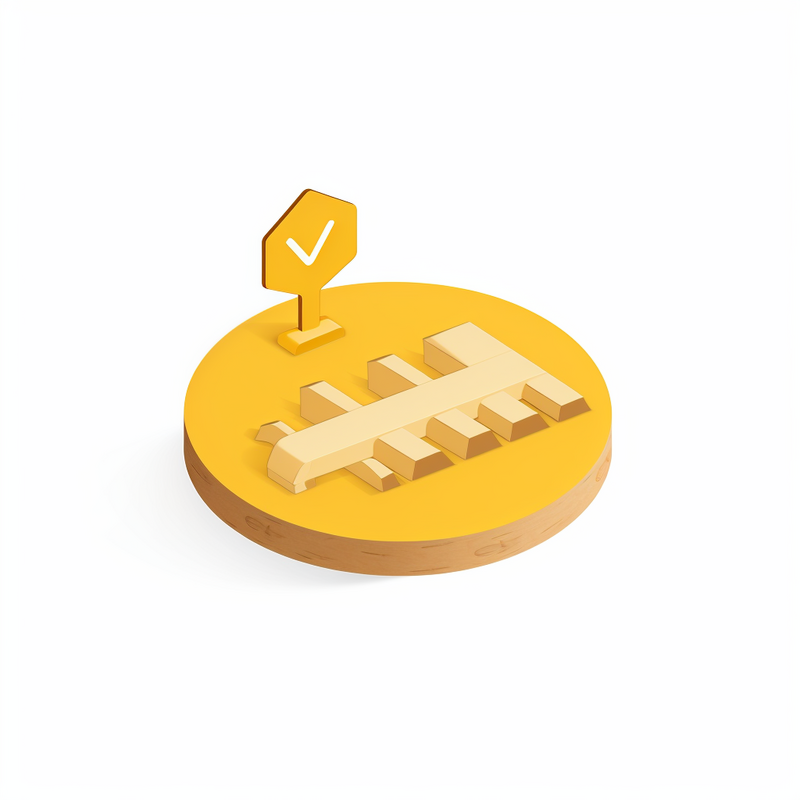
Detailed guides and strategies on yield farming and staking within the DeFi ecosystem, including risk/reward analyses and optimization tips.
Liquid . Liquid is another form of where people get to utilize a tokenized version of their staked assets. These staked assets can then be used for all sorts of decentralized finance () activities, especially in . Liquid allows users to retain their liquidity while , enabling them to earn ...
Both offer the opportunity to earn passive income through rewards. However, the potential rewards can vary significantly between the two . can offer higher returns, but it also comes with higher risks. , other hand, typically offers more stable and predictable rewards. Flexibility:
returns differ, with stakes ranging between 5% and 15% maximum. On the other hand, the returns on may surpass 100% in some cases. rates are paid out annually. Yet, security-wise, newer projects may result in complete loss as developers favor so-called rug pull projects.
focuses on the complex ones, and here is where come in! As are at everyone's reach, i.e., they are permissionless, anyone with an Internet connection can execute them without the need to rely on intermediaries. You decide your strategy and your investment.
In this blog post, we'll delve into the for , equipping you with the knowledge to unlock the full benefits of . Understanding . , also known as liquidity mining, is a mechanism that enables users to earn rewards by providing liquidity to protocols.
Difference Between . So, now that we have a good grasp of what exactly are, let's further break them down in a thorough comparison between . Fixed vs. Flexible Rates. Perhaps the main difference between is how flexible the rates are.
has demonstrated its transformative potential within the . Its impact on traditional finance, liquidity provision, and financial innovation cannot be overstated ...
Overall, crypto is a much better option for users to earn stable returns compared to . Investors can stake the most popular tokens such as Ethereum, Solana, and Cardano to earn attractive APY's long term, due to having stable market capitalization. newer coins can provide much higher returns but has the risk ...
are common ways for people to earn passive income through blockchain protocols. Although both methods aim to generate returns, they vary in their goals and motivations…
has a set reward, which is expressed as an APY. It is usually around 5%, but can be higher, depending on the token and method. requires a well-thought investing strategy. It is not as straightforward as , but it can much greater rewards or up to 100%. Rewards.
In brief. lets you lock up funds, providing rewards in the process. It involves lending out cryptos via protocols in order to earn fixed or variable interest. The rewards can be far greater than traditional investments, but higher rewards bring higher risks, especially in such a volatile market.
, other hand, allows investors to manage and optimize their investments to maximize returns actively. By lending or their assets on platforms, farmers can earn higher returns than they would through traditional investments. There are several popular , : 1.
is akin to traditional - one sows seeds (crypto assets) into the fertile ground ( protocols) and in return, harvests crops (rewards). This process can be seen in various forms, from general liquidity mining to proof-of-stake participation and engaging with lending protocols. The main point to remember is this, ...
is a high-risk, volatile investment strategy that involves investors , or lending, cryptocurrency assets on a decentralized finance () platform to earn a higher return. An ...
similarities. Despite their differences, share a few common characteristics. Passive income. are both ways to earn passive income. Users who do not wish to trade crypto may be able to generate revenue on their holdings through . Although each ...
Many investors are turning towards as two of the most profitable passive income ; however, there is significant confusion surrounding these terms. are both viable methods of earning money without the need to be active in the markets, but there are significant differences between them that can impact your investment returns .
focuses on the complex ones, and here is where come in! As are at everyone's reach, i.e., they are permissionless, anyone with an Internet connection can execute them without the need to rely on intermediaries. You decide your strategy and your investment.
, often associated with the decentralized finance () sector, involves lending or cryptocurrency in exchange for interest or fees in return. It's akin to earning interest in a traditional bank savings account but operates in the decentralized of blockchain. , other hand, is the process of ...
Key Takeaways. are the two potential passive income streams for enthusiasts. rewards investors who commit their assets to liquidity pools on decentralized lending or exchange protocols. in Proof-of-Stake blockchains and protocols reward investors for locking up their crypto assets on ...
Risks and challenges of Most high-reward — both in traditional financial markets and cryptocurrency markets — come with high risk. is no different. Below, we'll explore some of the risks of , smart contract vulnerabilities, impermanent loss on returns, and market volatility.
Key Differences: vs. . Now that we've explored the basics of let's compare these two methods in more detail: : Risk and Complexity: Higher risk and complexity due to exposure to impermanent loss and the need for active management. Requires a deeper understanding of the projects being ...
refers to depositing tokens into a liquidity pool on a protocol to earn rewards, typically paid out in the protocol's governance token. There are different ways to farm ...
with high-risk assets like governance tokens and NFTs, searching for pool 2s, and combining numerous services to further financialize assets are some examples of high-effort . Those who want to become farmers must know the differences between the two approaches and pursue that fit their investment goals and risk appetite.